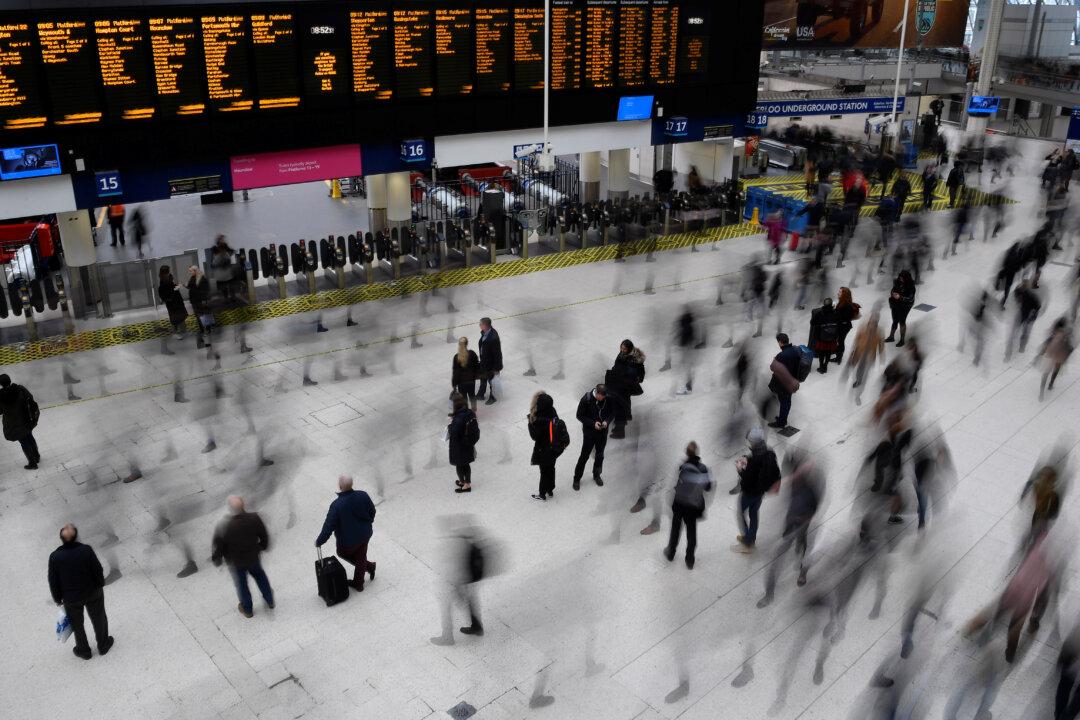Criminals may have defrauded the UK’s job support schemes of billions of pounds in false claims as large swathes of the economy was closed down amid the CCP virus pandemic.
According to a report (pdf) from the National Audit Office (NAO) on Friday, £3.9 billion ($5.1 billion) may have been falsely claimed.





